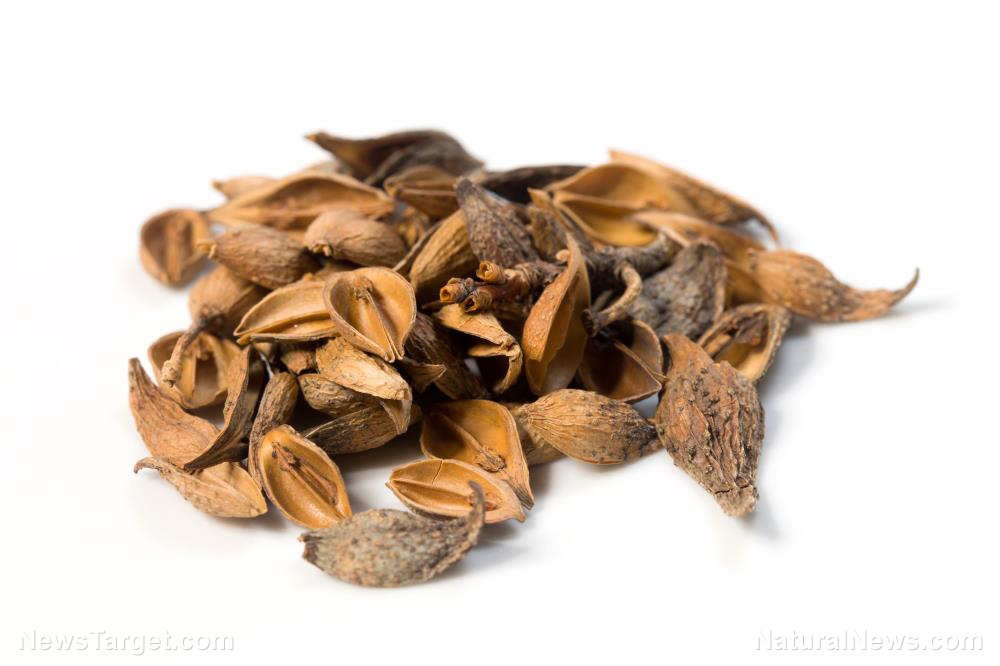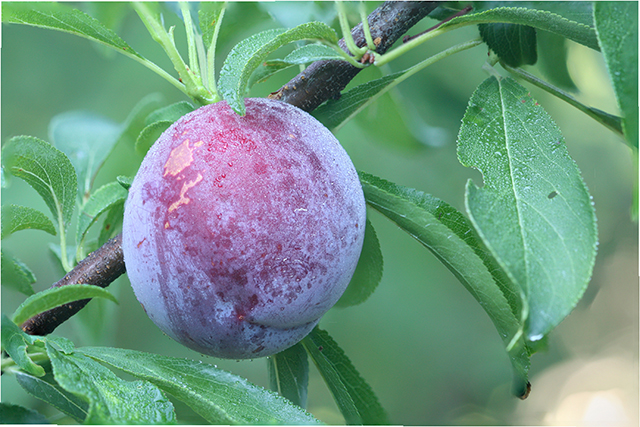Sniffing out cancer: Researchers say canine scent detection can be used as an effective cancer screening method
08/27/2019 / By Isabelle Z.

We’ve all heard stories of heroic dogs saving people’s lives, whether they alerted their sleeping owners to a fire in time for them to escape or they found people who were trapped in disaster areas. However, there’s a growing body of evidence that their life-saving abilities go a lot further than that: They can also help sniff out cancer in humans.
A new study found that dogs can pick out blood samples of people suffering from lung cancer with an incredible 97 percent accuracy. This is great news when you consider the importance of early detection when it comes to overcoming the disease. Best of all, it’s an inexpensive approach that is not invasive, meaning it could be used to test those who don’t have access to traditional methods.
The researchers used clicker training to show four beagles how to identify normal blood as well as blood taken from people with malignant lung cancer. All of the dogs involved were two years old. While one of the beagles they trained was not motivated to perform, the other three were able to identify lung cancer samples correctly 96.7 percent of the time and normal blood samples 97.5 percent of the time.
The researchers see two major possibilities here. One would entail using dogs to screen people for cancer, while the other would involve determining the biological compounds that the dogs are detecting and developing some cancer screening tests that make use of these compounds.
Next, they plan to test whether dogs can be trained to sniff out breast cancer in human breath samples. The experiment was carried out by researchers from Florida pharmaceutical lab BioScentDx, and their findings were published in the journal Experimental Biology.
Dogs are incredibly skilled at sniffing out disease
Dogs’ smell receptors are 10,000 times more accurate than those of humans, which means they are very sensitive to odors that we are completely unaware of. They can pick up on the volatile organic compounds released during the early stages of cancers such as lung, colorectal, and ovarian.
In one study, researchers trained a pair of German Shepherds to sniff out breast cancer by using pieces of cloth that had touched affected breast tissue. The dogs became 100 percent accurate in detecting the disease after training for six months, and the technique was hailed for its simplicity, affordability, and non-invasiveness. It’s particularly promising when compared to the alternative, mammograms, which expose your body to dangerous radiation, are quite expensive and can be difficult for those in third-world countries to access.
In a different study, a group of Arkansas researchers trained dogs to detect the scent of thyroid cancer. The dogs involved were strays who were trained in scent detection, and they were roughly 88 percent accurate in detecting thyroid cancer in urine.
It’s not just cancer that man’s best friend is adept at sniffing out; dogs have also been able to pick up on the scent of Parkinson’s disease and can tell if a diabetic’s blood sugar levels have reached dangerous heights.
The idea that dogs can help detect lung cancer has the potential to save thousands of lives. As the second most common cancer among men and women in the U.S., it accounts for around 13 percent of all new cancer cases and is the top cause of cancer death. Those who are diagnosed in the earlier stages have a better chance of survival, so this type of testing could prove to be a huge breakthrough.
Sources for this article include:
Tagged Under: anticancer, beagles, breakthrough, breast cancer, cancer, cancer detection, cancer screening, discovery, dogs, lung cancer, medical tech, research, thyroid cancer
RECENT NEWS & ARTICLES
COPYRIGHT © 2017 PREVENT CANCER NEWS



















